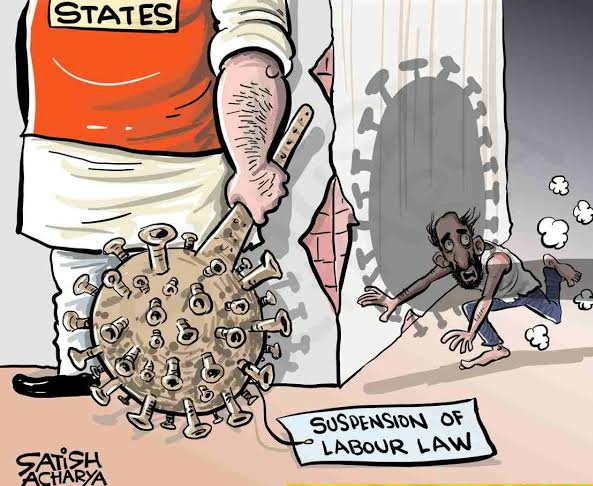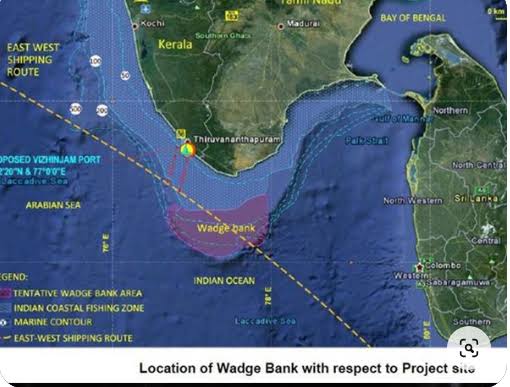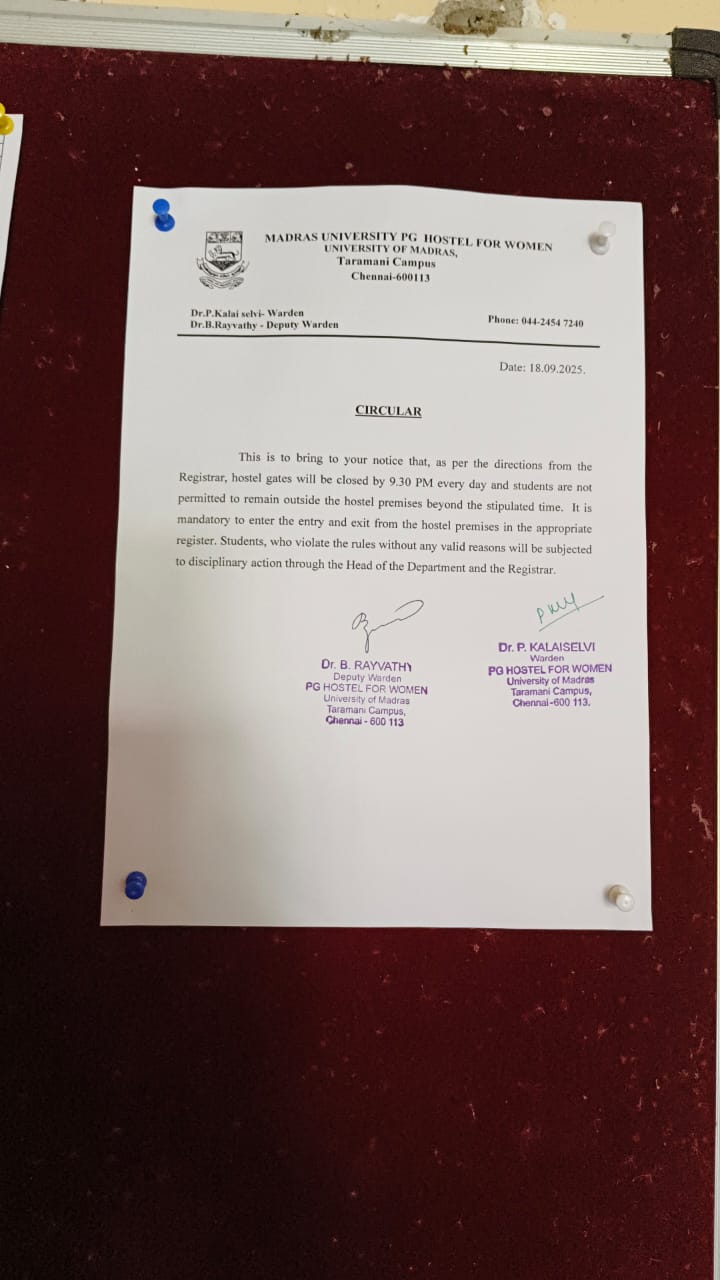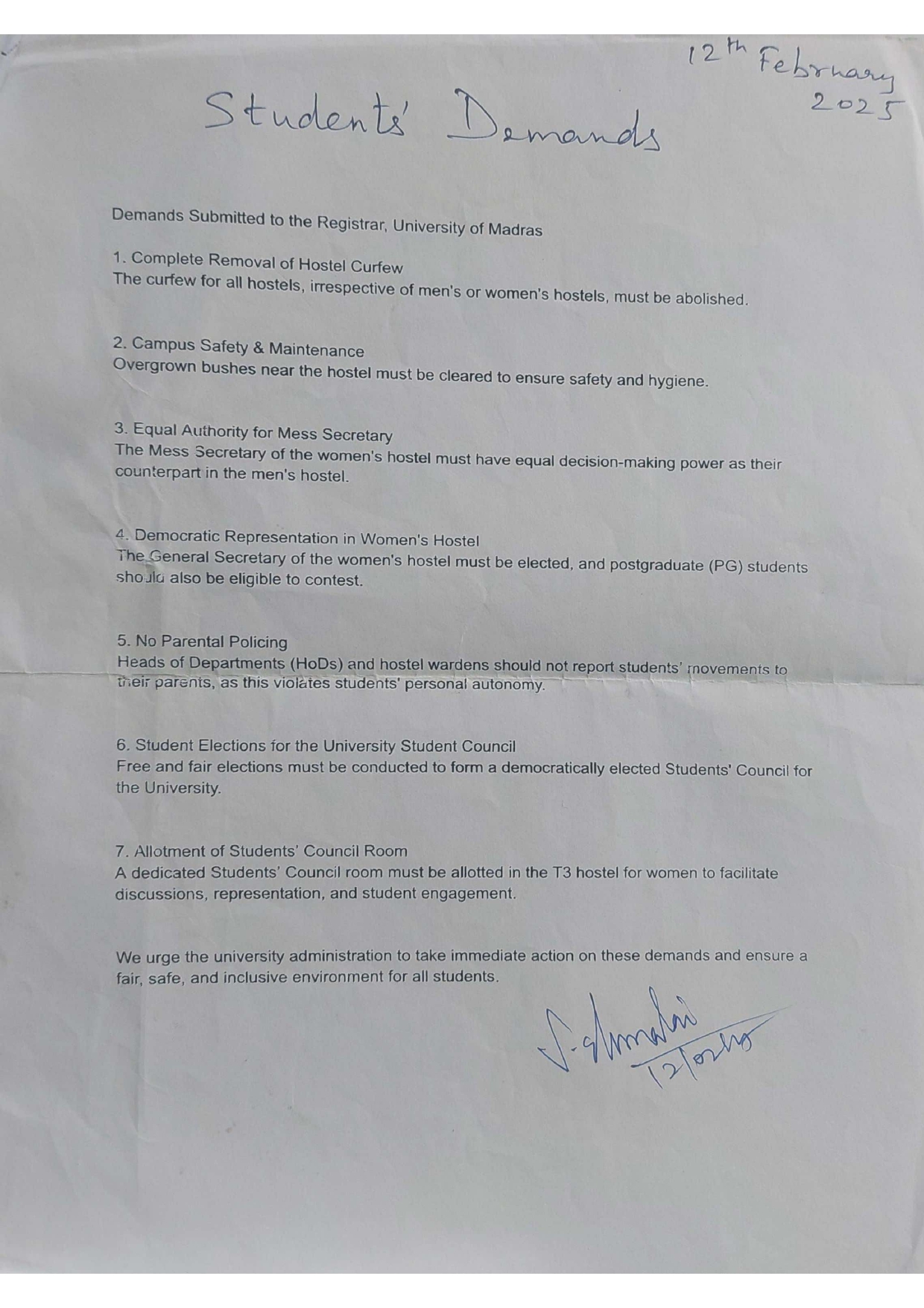
Birsa Munda was a tribal freedom fighter, folk hero, and courageous leader who played a crucial role in the Indian independence movement by leading a millenarian movement against British colonial rule in the late 19th century. He remains a powerful symbol of resistance and indigenous pride, especially among the Munda community and other tribal groups in eastern India. He dedicated his life to fighting for the right of indigenous communities against colonial repression. He blended traditional Munda belief with his own mission of social justice and religious renewal working in movement in late 19th century known as the “ulgulan” or The “Great Tumult” which is known as Munda rebellion.
Birsa Munda was born on November 15 ,1875 in Ulihatu village, Jharkhand. The Munda tribe is one of the indigenous communities in the region. He was born during a time of great hardship of tribal communities. The British colonial administration had introduced exploited you land policies heavy taxes and alien cultural impositions that distrupted tribal autonomy and traditional ways of life. Since is childhood he took much interest in the reach cultural heritage and spiritual practices of the Mundas. Birsa Munda was not well educated but for sometime is exposure to the Christian missionary school may have influence day is later religious beliefs and leadership style. To get admission in Christian missionary School converted himself to Christianity a large part of the is childhood was pending Chalibasa where she was influenced by the national movement activities going on there. His father with draw him from the Christianity missionary school and develop the strong anti British sentiments. Under colonial rule in India the Mundas like many indigenous communities faced exploitation displacement and cultural assimilation due to encouragement by outsiders on their land under resources. Birsa Munda was deeply disturbed by the injustice faced by his tribe from a young age Birsa Munda exhibited qualities of leadership cherries and empathy towards the plate of his people.
The Ulgulan or the Great Rebellion
The Munda rebellion which was led by Birsa Munda as a charismatic leader who mobilized the tribal population to racist colonial oppression and assert their rights. It has formed against colonial rule because the colonial government introduced the feudal zamindari system in the tribal area which replaced with the tribal Kunkatti agrarian system British government introduced land revenue system such as the permanent settlement and ryotwari in the area due to which the Kunkati system came under threat leading to the erosion of traditional land tenure arrangements and the marginalisation of tribal communities. The agrarian system was a traditional lant in your system prevalent in Chotanagpur region particularly among tribal communities such as the Mundas Oraons and Santhals, before the advent of British colonial rule. In this system there was collective ownership of land. The village council of elders held authority over the distribution and management of land ensuring equitable access and usage among community members. The land was periodically redistributed among the tribe members to prevent concentration of land ownership in the hands of few families. Forced labour and economic exploitation under colonial rule , Mundas were economically exploited through forced labour exploitative taxation and oppressive debt Bondage. They were a fun forced to work on colonial plantations mines and infrastructure projects without adequate compensation or rights. The British discriminatory policies favoured non tribal settlers and landlords are the expense of indigenous communities it lead to denial of equal rights taxes to justice to the tribals. Christian missionaries supported by the colonial administration South to forcefully convertible people to Christianity this late to resetting meant among the travel communities against colonial rule. Strategy and vision was a blind of traditional Munda beliefs and his own visual of social justice and religious revivalism . Birsa Munda powerful message of unity on empowerment mobilised thousands of tribal people including main women and youth from various tribble communities across the region. The rebellion witnessed various instances of armed uprisings between British army and Munda fighters. Munda force attacked government offices, police stations, and revenue courts as well as the states of appreciate landlords which lead to these armed uprisings.
The British authorities responded to the rebellion with force deploying troops to suppress the uprising. Birsa Munda was also captured by the British. Although the moment ended after capture of Birsa Munda it left a significant impact on the tribals. It raised awareness about the injustices faced by the triple communities under British colonial rule. The rebellion aimed to resist land grabbing and recline tribal territories highlighting the indigenous people right to land and natural resources.
Chotanagpur Tenancy Act,1908 :The act was enacted by British government to restrict the transfer of tribal land to outside us or non tribal people. Recognise the collective ownership of land by tribal known as Kuntkati system. The veth Bigari or system of force reliable was also abolished through this act.
After captured by the British Birsa Munda died on June 1900 at a very young age of 25 years while in captivity. They announced he died in jail because of cholera but the actual reason was mysterious .“This is my land, my land is my breath”, the spirit of Birsa Munda.






